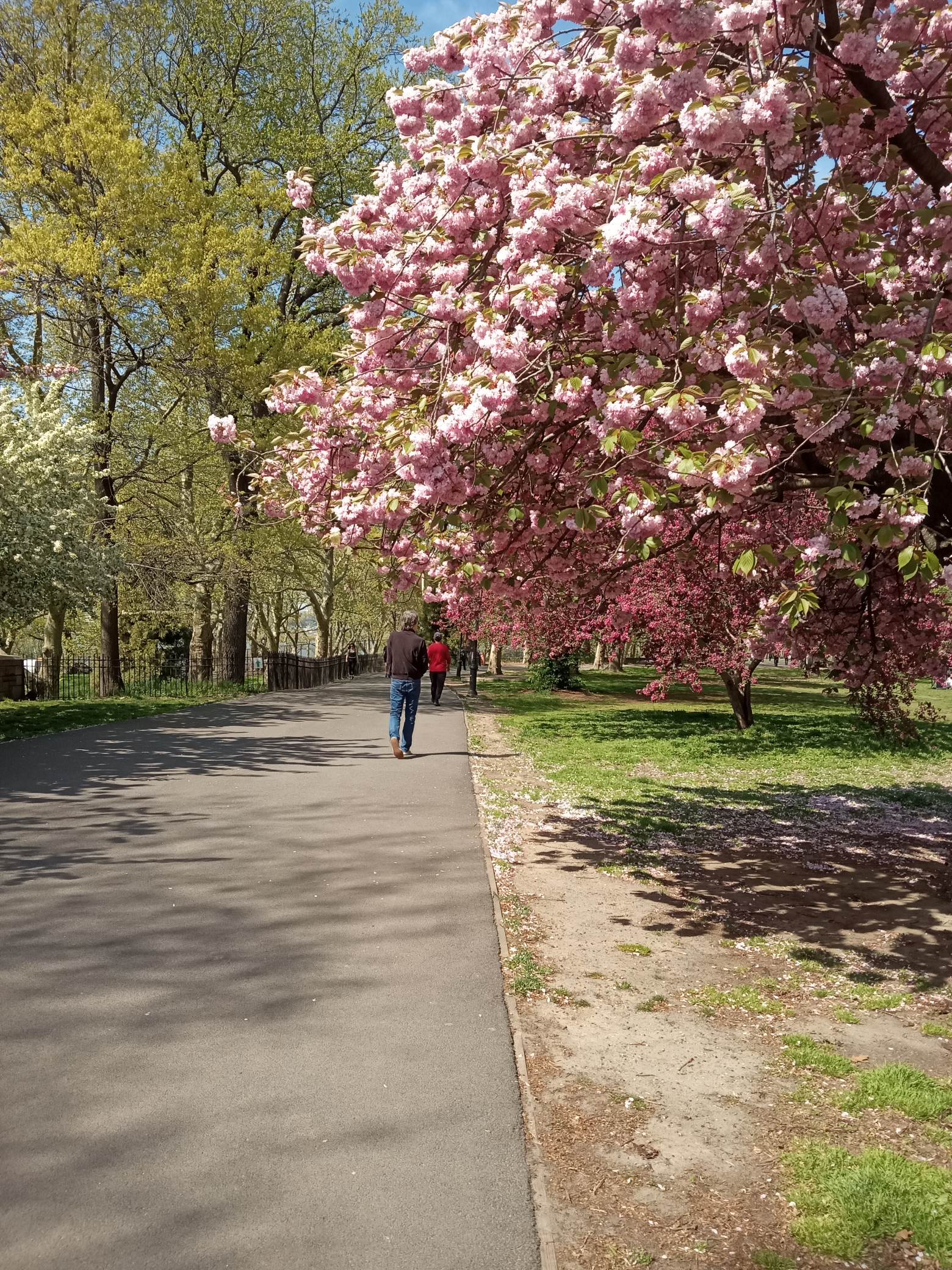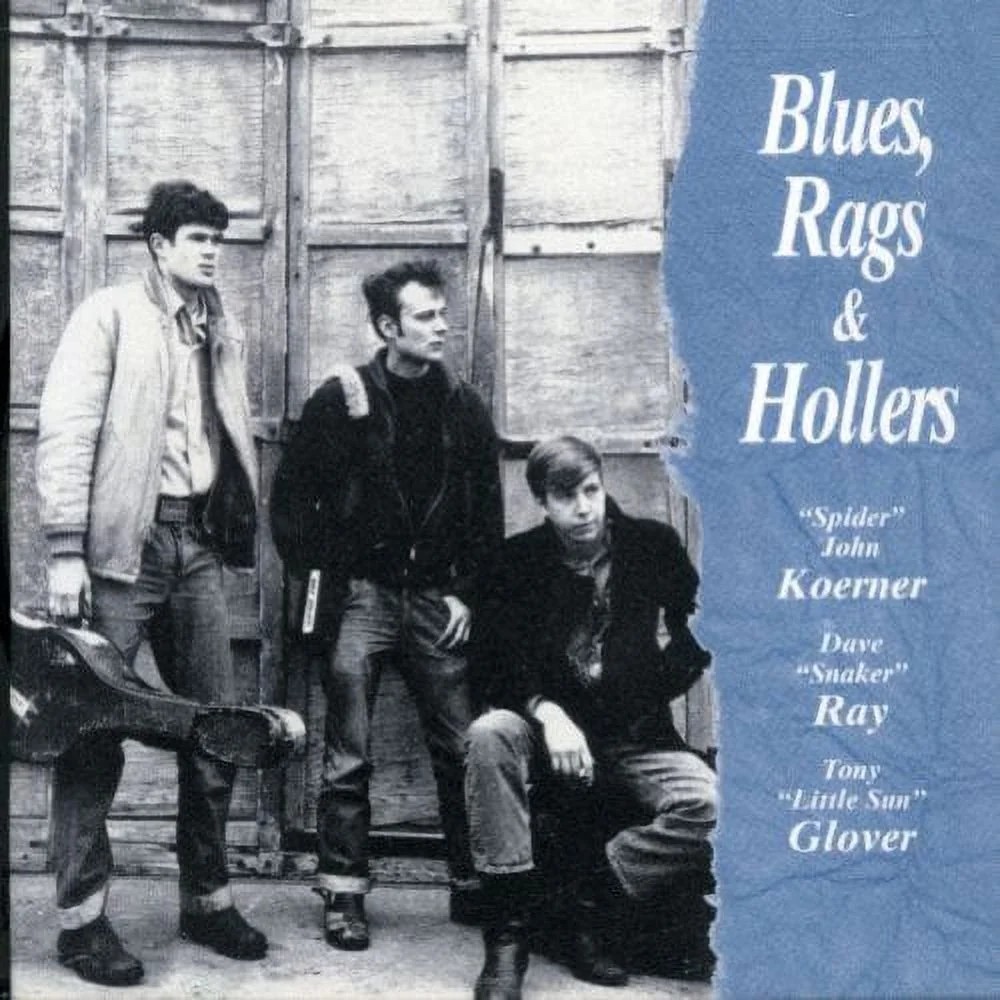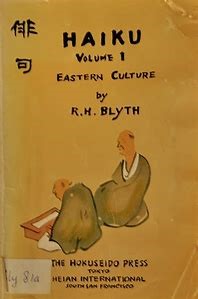Overcoming a Quaker Education
Riffing on Joyce Wadler
…..Arthur Bremmer, Squeaky Fromme,
…..Sara Jane Moore, John Hinckley, Jr.
…..Now this guy
…..Left them walking away.
…..(Well, not Wallace.)
A Website of the Radical Imagination
Riffing on Joyce Wadler
…..Arthur Bremmer, Squeaky Fromme,
…..Sara Jane Moore, John Hinckley, Jr.
…..Now this guy
…..Left them walking away.
…..(Well, not Wallace.)
What a woman knows, she tells slant.
Let men and the sun spill everything.
The moon, too, keeps secrets.
Birds broadcast their news all day.
Let it be known that W.C. “Bill” Heinz’s “The Professional” is the best boxing novel ever written. He was the Balzac of boxing, a master of unadorned prose.
Let it also be known that Lucia Rijker, “The Dutch Destroyer,” was the best female boxer I ever saw, a stone cold Buddhist killer. I saw her once on the street in New York and she was a beautiful dark angel.[1]
And let is also be known, finally, that Rita Bullwinkel is a young writer and I am an old reviewer.
I Love You, Stormy Daniels
(a tanka)
Sweet the cuffs will close
due to a porn star he said
looks like his daughter.
Cops got Capone for taxes,
too. Who’s grabbed by the crotch now?
[Originally posted on April 1, 2023.]
I am not a professional poet
I’m not a reporter of today’s news
I see what I see,
and before I finish the telling
something else happens to me.
“Autumn arrives in early morning, but spring at the close of a winter day…” Elizabeth Bowen’s apercu is worthy of the seasonal sense that suffuses haiku, though it didn’t really work for me this year. Winter went away yet I kept waiting on the soft evening with Change in the air. At least I didn’t miss this…

The bulk of what follows comes from Chapter 18 of R.H. Blyth’s “Japanese Life and Character in Senryu,” though these excerpts may also be found in the posthumous best-of Blyth, “The Genius of Haiku.” (A book with a title that has a double-meaning.) The opening is from Blyth’s introduction to “Japanese Life.”
The fundamental thing in the Japanese character is a peculiar combination of poetry and humour, using both words in a wide and profound yet specific sense. ‘Poetry’ means the ability to see, to know by intuition what is interesting, what is really valuable in things and persons. More exactly, it is the creating of interest, of value. ‘Humour’ means joyful, unsentimental pathos that arises from the paradox inherent in the nature of things. Poetry and humour are thus very close; we may say that they are two different aspects of the same thing; Poetry is satori; it is seeing all things as good. Humour is laughing at all things; in Buddhist parlance, seeing that ‘all things are empty in their self-nature’, and rejoicing in this truth.

xxx
Hey, ho, make a merry din!
Weaving over, under, laughing at mess-ups,
we circled, flowers in our hair,
ribbons chosen to match our desires.
in the full bright air conditioned hum
of my refrigerator day
are moments of triumphant scouring
call it progress
How fragile — heart, brain, womb, sinew, and bone.
How easily bodies, and dreams, can die.
A woman’s safest when she is alone.
(Gaza Feb 29 2024)
A small grey rectangle
The aid truck arrives
Iron filings converge upon a magnet
Ants swarming a dropped chocolate
They may have weapons
hidden in their skeletal hands
Their hunger may be explosive

I found the first book of R. H. Blyth’s four volume set, Haiku, (originally published between 1949-1952) in a used book store on St. Mark’s Place. If haiku seems no more pertinent to you than, say, heraldry—one more subject about which even an informed person “need not be ashamed to know nothing”[1]—you may be mollified to hear I had an excuse to check Eastern Culture since I was Christmas shopping for a nephew who’s on his way to Japan this spring. The book’s cover—“Oriental brown simple rough peasant cloth”—got me to open “the Blyth Haiku bibles” (pace Allen Ginsberg, Allen Ginsberg). I fell in…
“Plop!”
To quote the last line of “the most famous haiku” with frog-and-pond as translated by Blyth—scholar-gypsy who brought the East to Beats and Salinger (see J.D.’s bow to Blyth in “Seymour, An Introduction”: “…haiku, but senryu, too…can be read with special satisfaction when R. H. Blyth was on them. Blyth is sometimes perilous, naturally, since he’s a highhanded old poem himself, but he’s also sublime.”)
Dedicated to him, whom I regard “as the very master of that working corps who would restore to rectitude the warped system of things.”
We have a great deal of critical writing on Victorian novels—the grand products of George Eliot, Charlotte Brontë, William Makepeace Thackeray, et. al.—but not as many accounts of how readers come to read these novels. In 1979, an entire cohort, especially of women, would have pounced on Jane Eyre after reading Sandra Gilbert’s and Susan Gubar’s fetchingly titled feminist study The Madwoman in the Attic. At that time, I was otherwise absorbed (incidentally, like the heroine of Jane Eyre) in reading classical German literature. But now, nearly half a century later, I am with Jane, struck by its power and beauty.
This is a chapter from Blyth’s first book, Zen in English Literature and Oriental Classics.[1]
…
From Aristotle down to Arnold it was considered that a great subject was necessary to the poet. Arnold says that the plot is everything. It is useless for the poet to
imagine that he has everything in his own power; that he can make an intrinsically inferior action equally delightful with a more excellent one by his treatment of it.
Wordsworth stands outside this tradition by instinct and by choice. He chooses the aged, the poor, the idiot, the vagrant, but does not endeavour to make them “delightful” at all.
Spooning, our dog and cat doze in the sun.
Tails twitch and amber eyes close in the sun.
why do it in poetic form?
because in an infinite variety of ways
that reside in the breasts of all living souls
any solution to the Fascist trend in all states
pulses and grooves inside each of us
we hear the basic call of consciousness & conscience